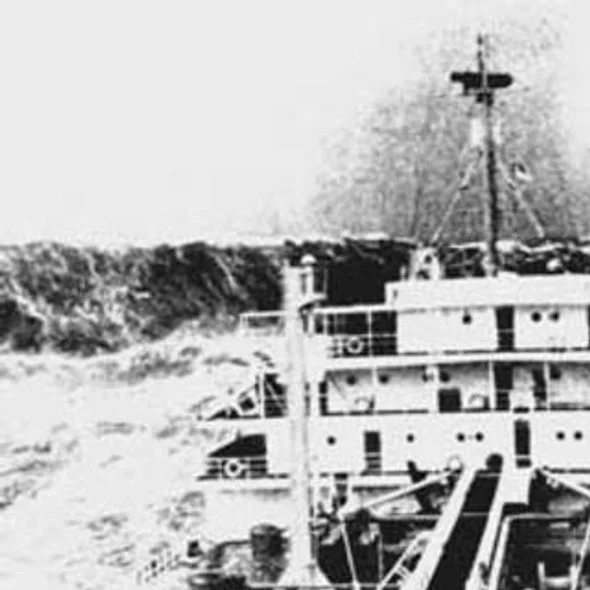If you have not ever been boarded by the U.S. Coast Guard, it can seem a little intimidating and the prospect even somewhat scary, depending on where you are. So I thought I would share thoughts on the boarding procedure, and why you can someday expect such an encounter.
The purpose of a Coast Guard boarding is to ensure compliance with all federal laws applicable to that boarding. Different laws come into play depending on whether the vessel is a fishing trawler, a foreign ship, or any of our recreational vessels, power or sail.
Boardings are mostly random, unless there is something that gets their interest and initiates a boarding. A great example of that would be to see too many kids on the bow of a boat traveling at high speed, or missing registration numbers. Both of those situations will likely trigger a boarding. Otherwise it is often just random luck.
Depending on the size of the boat or ship, the location, and other factors, the boarding team is usually two, four, or more Coast Guard personnel. The first element of the boarding is establishing contact, and pre-boarding questions will include hailing port, name of the owner, number of people aboard, and where you are going.
A basic boarding involves an initial safety check, that is, to look for any violations of required safety equipment and condition, such as number and condition of PFDs, fire extinguishers, and current registration documentation. It may include a quick walk through of a smaller boat, but that might take an hour in the case of a larger boat, such as a commercial fishing boat with numerous crew.
If any issues are identified during the initial questioning, or there is something suspicious found during the basic boarding, this changes the boarding into an involved affair that could last for hours, and include a very thorough inspection of the vessel from top to bottom.
The boarding officer, usually a petty officer, will introduce the boarding team. Then one of the first questions will be whether there are any firearms aboard. This is standard policy to ensure the safety of the boarding team while on your boat. If you do have firearms aboard, they will make sure they are made safe before they continue.
Needless to say, your attitude, and those of your crew, has a lot to do with the general tone of the boarding. I was on a big trawler off the coast of Washington when we were buzzed by a Coast Guard helicopter. As it was a new boat being delivered, it lacked some of the expected and/or required equipment and documentation, as visible from the air. Hours later we were contacted by a cutter and a Coast Guard boarding soon followed. We were friendly from the get go, but you could see tension in the young Coasties, who didn’t know what to expect. We could have been smuggling drugs or other illegal things and they could be walking into a gunfight.
I can say from experience that being boarded in Chesapeake Bay or New England feels way less intense than a boarding at sea in the Caribbean. Especially near a Coast Guard station, basic boardings are often done as a part of the training for the boarding party, while the real-deal boarding at sea involves a boarding party loaded with firearms, radios, and who knows what else they carry to cover a variety of situations.
When I lived in the Pacific Northwest beginning in the ‘70s, I was surprised that the general attitude of Northwest boaters was decidedly hostile to the Coast Guard. Even a PNW boating magazine printed a cartoon depicting the Coasties as Nazis. It was disturbing to me, and I assumed that negativity came from the ongoing fishing wars between the U.S. and Canada, and also with Native Americans. Such an attitude is completely opposite of the positive and enthusiastic support of the Coast Guard and its many roles on the East Coast. They are part of America, like cherry pie and hot dogs, and any 4th of July parade might include an element of the Coast Guard. (My mother served in the Coast Guard during WWII, so perhaps I was raised with a greater respect of that service.)
In any case, when it comes to the possibility of a boarding, maintaining a friendly and helpful attitude, with a smile, shows you understand they are doing their job, and you are willing to assist them to have it go quickly and smoothly.
Which reminds me of another incident with the law. I was aboard a Nordhavn chugging along on the Florida ICW, headed out to sea. Sirens wailed and we got stopped by the Boynton Beach Marine Police. After some discussion and disbelief, the police officer gave us a speeding ticket. On a Nordhavn. Go figure...










